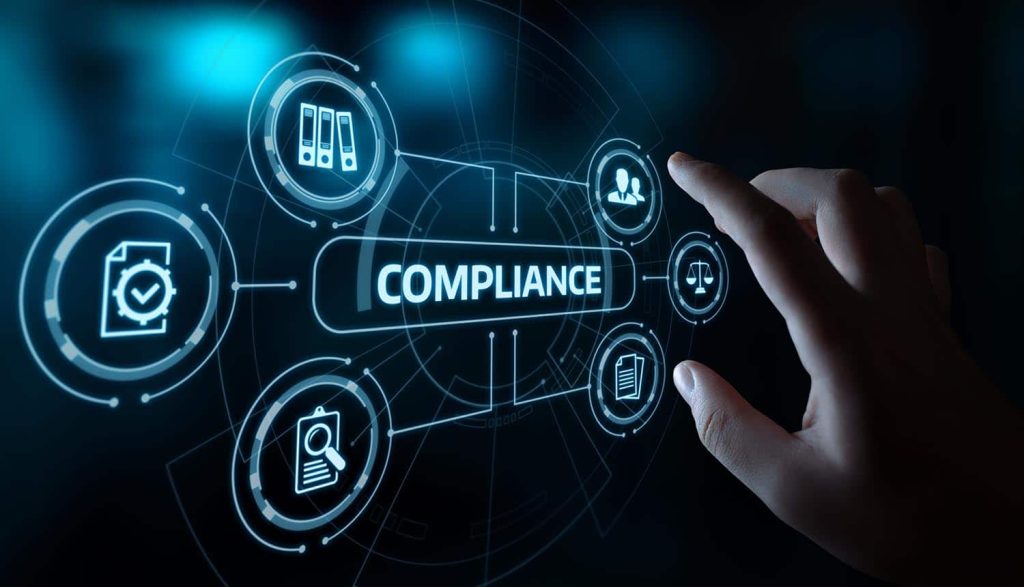
In today’s digital age, where data flows ceaselessly across networks and platforms, the landscape of data privacy compliance is evolving at a rapid pace. With the rise of sophisticated technologies and ever-expanding regulatory frameworks, achieving and maintaining excellence in data privacy compliance has become more critical than ever before.
As we look towards the future, it’s evident that the paradigm of data privacy is shifting. With the implementation of stringent regulations like the General Data Protection Regulation (GDPR), California Consumer Privacy Act (CCPA), and emerging laws such as Brazil’s LGPD and India’s PDP Bill, organizations worldwide are compelled to reassess their approach to data handling.
In this era of heightened awareness and accountability, data privacy compliance excellence transcends mere adherence to regulations; it encompasses a culture of transparency, trustworthiness, and proactive risk management. Organizations must adopt a holistic approach that integrates legal compliance, technological innovation, and ethical considerations into their data governance frameworks.
One of the key drivers shaping the future of data privacy compliance is the rapid advancement of technology, particularly in the realm of artificial intelligence (AI) and machine learning. These technologies offer both opportunities and challenges for data privacy, as they enable organizations to analyze vast amounts of data while simultaneously raising concerns about algorithmic bias, data anonymization, and the protection of sensitive information.

Furthermore, the proliferation of interconnected devices in the Internet of Things (IoT) ecosystem presents unique challenges for data privacy compliance. As more devices collect and transmit data, ensuring the security and privacy of this information becomes increasingly complex, requiring robust encryption protocols, secure authentication mechanisms, and comprehensive data management strategies.
Amidst these challenges, organizations must cultivate a culture of continuous improvement and adaptability to stay ahead of the curve. This entails investing in employee training and education, leveraging cutting-edge technologies for data protection, and fostering collaboration with regulators, industry peers, and advocacy groups.
Moreover, as consumer awareness about data privacy rights grows, organizations must prioritize transparency and accountability in their data practices. Building and maintaining trust with customers requires clear communication about data collection practices, consent mechanisms, and the purpose of data usage, empowering individuals to exercise control over their personal information.
Looking ahead, the future of data privacy compliance excellence lies in embracing innovation while upholding ethical principles and legal obligations. By cultivating a culture of responsibility, resilience, and respect for individual privacy rights, organizations can navigate the complex terrain of data privacy with confidence and integrity, safeguarding both their reputation and the trust of their stakeholders.
